Keynote Speakers at DLA 2024
in alphabetical order
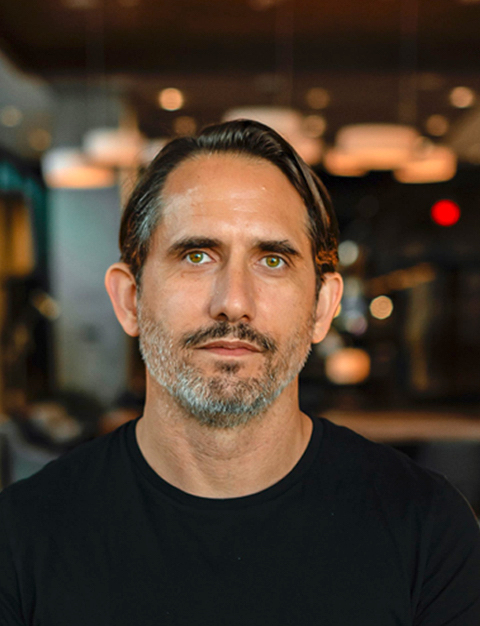
Bradley Cantrell
Professor and Chair of Landscape Architecture
University of Virginia School of Architecture USA
Bradley Cantrell is a landscape architect and scholar whose work focuses on the role of computation and media in environmental and ecological design. He is currently Professor and Chair of Landscape Architecture at the University of Virginia and has held academic appointments at the Harvard Graduate School of Design, The Rhode Island School of Design, and the Louisiana State University Robert Reich School of Landscape Architecture. His work in Louisiana over the past decade points to a series of methodologies that develop modes of modeling, simulation, and embedded computation that express and engage the complexity of overlapping physical, cultural, and economic systems. He is the author of four books that explore digital media and computation in landscape architecture and is the author of multiple book chapters. Cantrell’s work has been presented and published in a range of peer-reviewed venues internationally including DLA, ACSA, ACADIA, CELA, EDRA, ASAH, and ARCC.
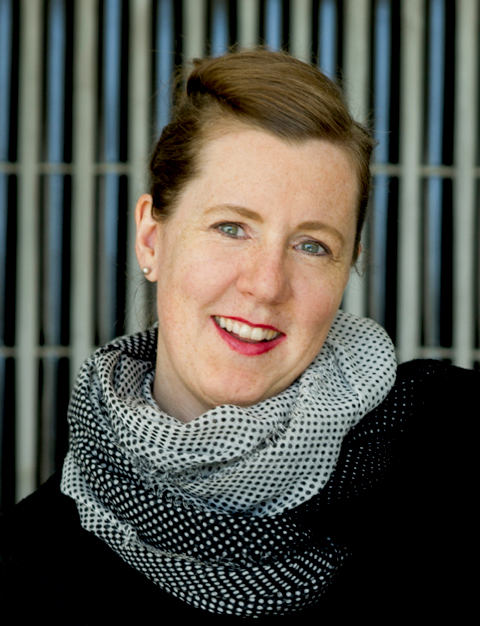
Pia Fricker, PhD
Professor of Computational Methodologies in Landscape Architecture and Urbanism
Vice Head of the Department of Architecture | Head of Urban Studies and Planning
Aalto University, School of Arts, Design and Architecture Finland
Pia Fricker serves as Professor and Vice Head of the Department of Architecture at Aalto University, Finland. She holds the Professorship of Computational Methodologies in Landscape Architecture and Urbanism and directs the interdisciplinary Major in Urban Studies and Planning Programme. Pia Fricker’s research and teaching link urban design and landscape architecture with the principles of computational design culture, envisioning future-oriented solutions for complex environmental challenges. This approach places a strong emphasis on the creative integration of cutting-edge technologies, particularly at the forefront of AI-driven methodologies. Her current research projects explore immersive, data-driven design methods for dynamic urban landscapes and collaborative design environments the realm of Mixed Reality. Pia Fricker holds a PhD in Architecture and a postgraduate degree in Computer Aided Architectural Design from ETH Zurich. Her work has been exhibited at the Venice Biennale, the National Design Centre Singapore, the National Library of Singapore, the Museum of Modern Art (Finland), as well as a part of Helsinki Design Week.
Invited Guests for Special Event
in alphabetical order
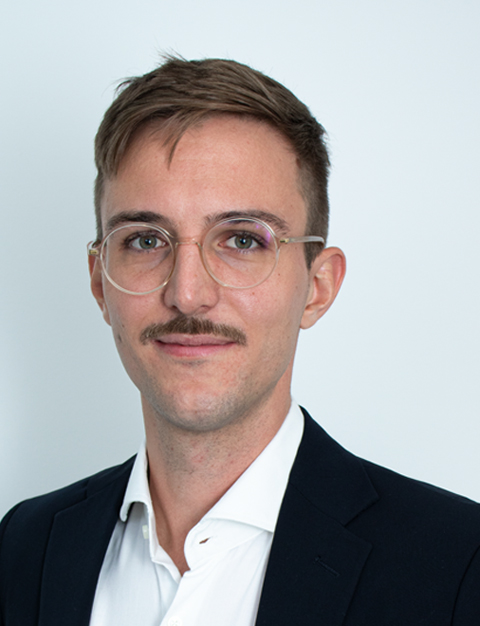
Fabian Pitscheider
Co-founder and CPO of OPTIMUSE
Fabian Pitscheider co-founded OPTIMUSE, a pioneering deep-tech startup dedicated to decarbonizing real estate, with its headquarters in Vienna. Before establishing OPTIMUSE, he significantly contributed to R&D at SIEMENS Smart Infrastructure in Austria and Switzerland. There, he played a pivotal role in significant customer projects that integrated Building Information Modeling (BIM) with the Internet of Things (IoT). Fabian holds a master’s degree in Architecture from the Technical University of Vienna, where he specialized in computational design and optimizations focused on energy impact. As a visionary in renewable energy solutions, he is continually pushing the boundaries of innovation in sustainable real estate.
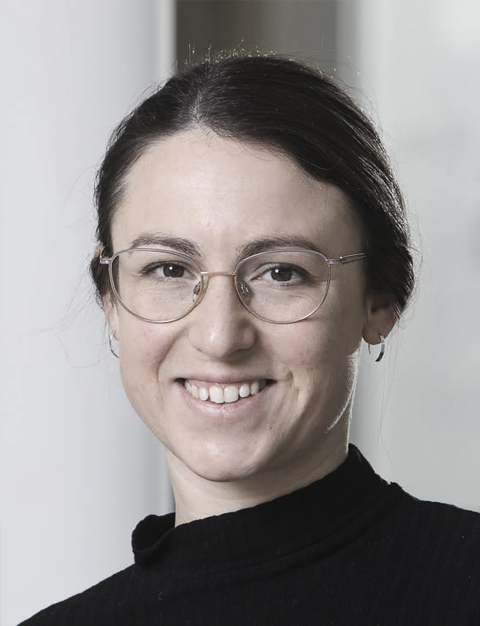
Viktoria Sandor
Senior scientist, University of Innsbruck, Integrative Design
Viktoria Sandor is an architect, working as a research engineer for integrated digital urban planning at AIT while holding a senior scientist position at the University of Innsbruck, Integratives Design. Her research and teaching has a focus on computer aided co-creation and co-design from building to urban scale. Viktoria earned her Master’s degree in architecture from the University of Applied Arts, Vienna, in 2017, where her thesis on „The Permanently Temporary: in the age of gravity independent architecture“ received distinguished reviews, scholarships and awards. Since then, she has worked as Geometrist at the Studio Olafur Eliasson, has led design studios and workshops across Europe (BAS, UniLi, Angewandte, EKA, UIBK, Univ. Kassel, TUB, etc.) and has been involved in research projects with the primary focus on computational design, machine learning, point cloud notation and co-design. Viktoria’s current role at AIT involves developing an early design phase toolbox by integrating climate, energy, and mobility impact assessment methods.
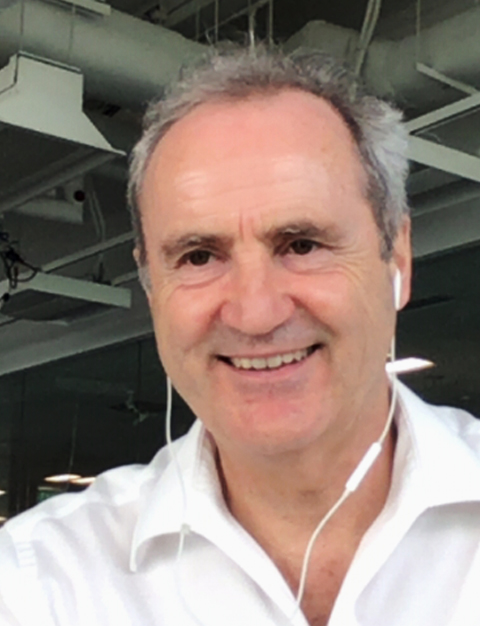
Gerhard Schmitt, PhD
Professor Emeritus of Information Architecture at ETH Zurich
Founding Director of the Singapore-ETH Centre
Gerhard Schmitt is Professor Emeritus of Information Architecture at ETH Zurich and Founding Director of the Singapore-ETH Centre, established by ETH and the Singapore National Research Foundation. He initiated interdisciplinary teams in urban sustainability, liveability, resilience, and health, through the research programs Future Cities Laboratory, Future Resilient Systems, Future Health Technology, and Cooling Singapore. He was the Lead Principal Investigator of Cooling Singapore, mitigating the urban heat island effect; and of the Big Data Informed Urban Design and Governance project. He and his team developed and taught the first Massive Open Online Course series on future cities, smart cities, liveable cities, and responsive cities for more than 180’000 inscribed students in 180 countries. He focused on AI supported Architectural Design, and now develops Citizen Design Science and Generative Cities with citizens of Porto Alegre in Brazil and Einsiedeln in Switzerland.
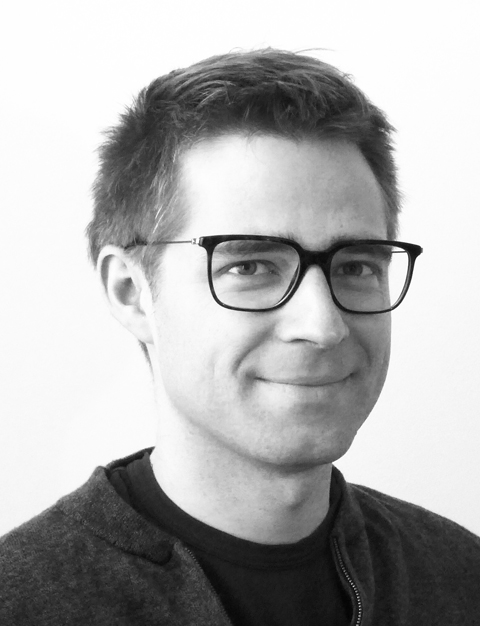
Jakub Tyc, PhD
Researcher, Department for Digital Architecture and Planning, TU Wien
Jakub Tyc is an architect and project assistant at the Department for Digital Architecture and Planning at TU Wien. He practised in Austria and Germany, where he earned the architect license. His research addressing multi-scalar, interdisciplinary data integration approaches in data-driven design is positioned at the intersection of architecture, geomatics and data science. Jakub developed computational integration methods for photogrammetric data and environmental simulation to support generative design processes in the context of LamoLab and the ECOLOPES H2020 project. He was awarded with the Scientific Merit Prize at Harvard GSD during the DLA 2022 conference.